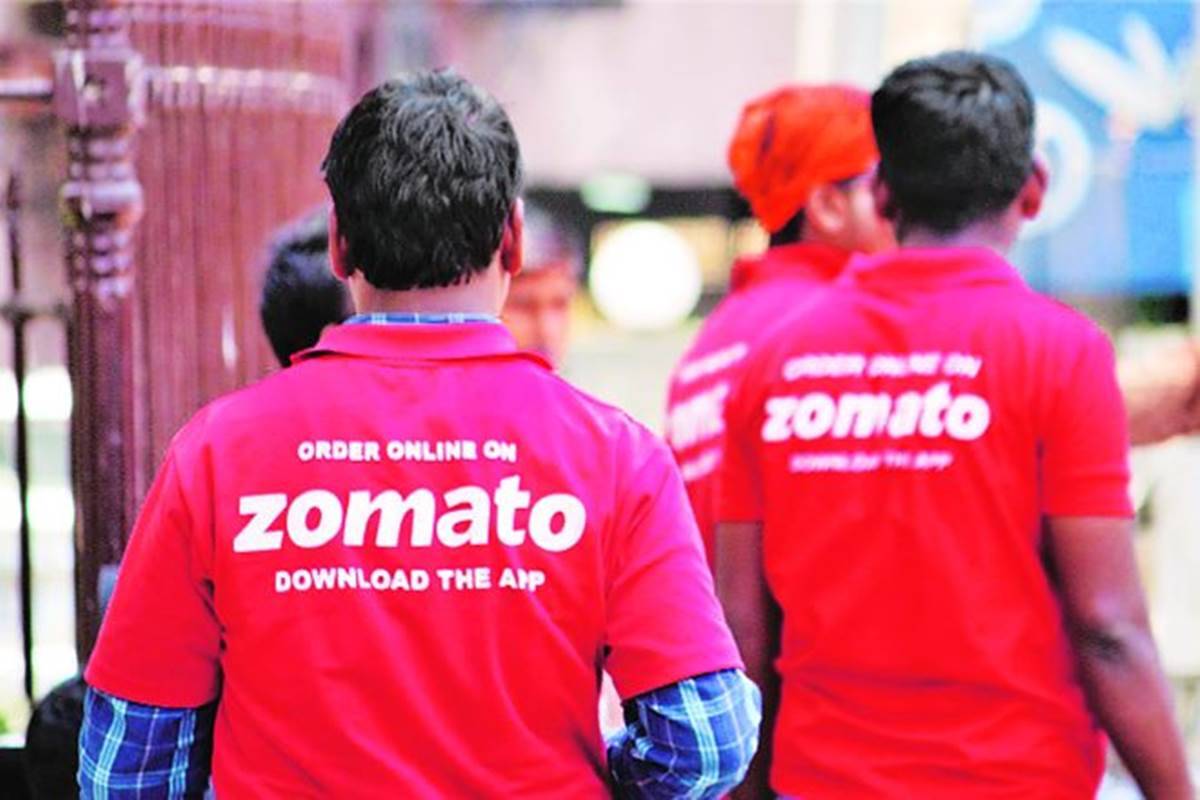AsiaTechDaily – Asia's Leading Tech and Startup Media Platform

Zomato takes its grocery business off the menu
FoodTech platform Zomato recently announced that it is closing down its pilot online grocery delivery business due to gaps in order fulfillment that has led to poor customer experience. However, the company will carry on with its B2B essentials and grocery delivery services to restaurants through Hyperpure.
This is the second time in two years that the food delivery giant has abandoned its plans to diversify into grocery deliveries, naming infrastructure gaps in an increasingly competitive online grocery market. The FoodTech giant has recently invested $100 million in Grofers and Hands on Traders Pvt. Ltd, a wholesale unit of Grofers. According to Zomato, the investment in Grofers will create better results than its in-house grocery endeavor.
The company intends to shut its grocery business which it started only in select markets with effect from September 17th. The service offered delivery of groceries within 45 minutes to customers.
The FoodTech platform had forayed into the e-grocery business in April 2020, in a bid to exploit the increase in demand for online deliveries during the first wave of the pandemic. This year in July it announced its plans to restart the grocery delivery business and began its pilot in the Delhi-NCR region in August.
Zomato based its online grocery business on a marketplace model where it facilitated its users to shop from the neighborhood stores. However, after two months of operating in this pilot business, the company realized the challenges with this model.
According to Zomato, the store catalogues are quite dynamic and there is a frequent variation in inventory levels which has led to gaps in order fulfilment, leading to poor consumer experience.
On the other hand, Zomato’s competitors such as Dunzo and Swiggy have a different model where they have devoted dark stores to facilitate grocery deliveries within 15-30 minutes. In fact, Grofers where the FoodTech giant holds 10 percent stake also offers delivery of groceries in 10 minutes. Its model is backed by a network of mini-warehouses which are operated by its express partners.
According to consulting firm RedSeer, micro-fulfilment centres or dark stores are vital aspects of any quick commerce business since they enable the company to regulate the quality and availability of its product catalogue. Their latest report states that the market penetration of quick commerce is expected at $0.3 billion in the current year 2021 and is estimated to grow 10-15x by the next five years.





